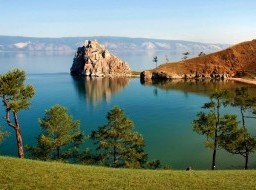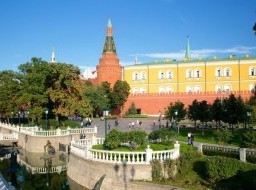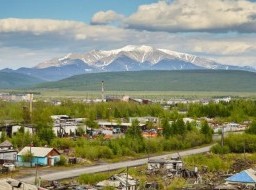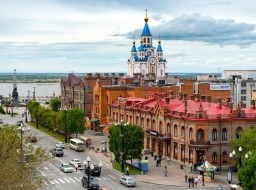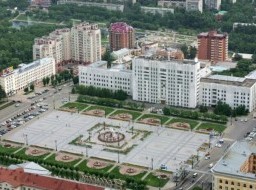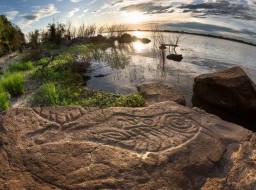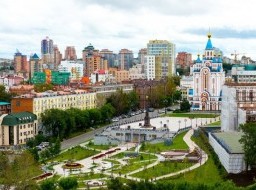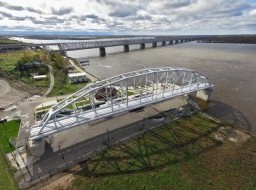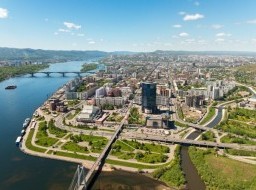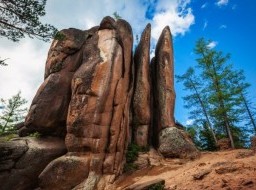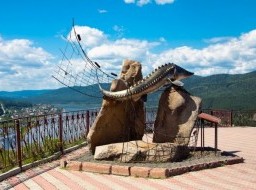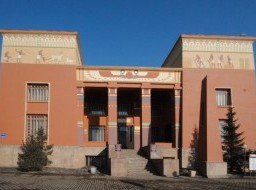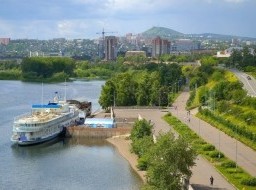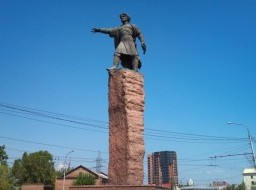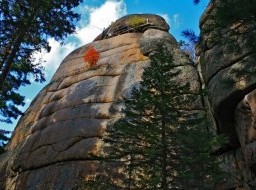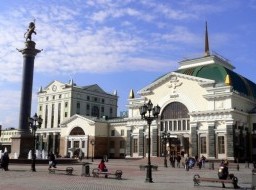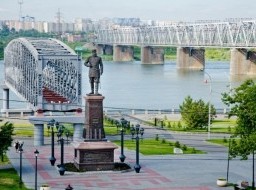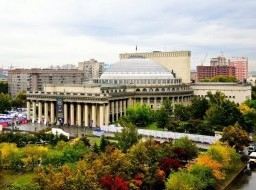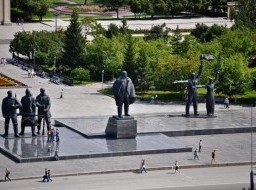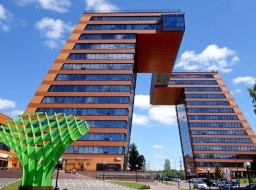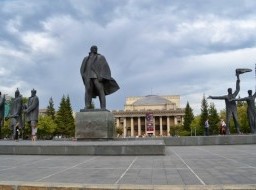Siberia
Siberia is one of the best places for tourism in the world and one of the most exotic and spectacular regions of Russia, making up nearly all of Northern Asia. Beautiful Siberia is well-known for its mountain ranges and water bodies, including Lake Baikal, the deepest and cleanest lake in the world. It has a long history that dates back to prehistoric times. The Russian Siberia is unique, the culture, the climate, the history, the wildlife; it is a world away from the Russia you might have explored. Siberia is surprisingly friendly, with plenty to offer the passing traveller. Siberia has quickly become a legend. Its unique location no doubt attracts many curious visitors. Siberia is a big region which occupies almost a third part of Russia's territory. The local nature is incredibly beautiful. No other place in the world, safe for Siberia, can boast such powerful rivers, fanciful mountain ridges, fathomless crystal pure lakes, immense woodlands, boundless taiga plains and silent arctic deserts. Siberia is so great, that has not been experienced it all through. That is why Siberia is said to be a land full of mysteries and secrets. First of all Siberia was the homeland for nations, who completely differed from the Slavs by their culture, everyday life, religious cults and traditions. Scythians and Huns were nomads here already in pre-Christian epoch. Later Turkic tribes came from Altai. And after the conquests of Genghis Khan, Mongols came to Siberia. Those unique cultures' remains can be discovered till our time in the territory of Siberia: in ancient holy places, remote villages, keeping ethnographic color of the natives. Each of Siberia's nations, in spite of their paucity is a carrier for its unique culture, which, in its turn, like a patch in the multicolor blanket contributes to the bright ethnic composition of the Siberian region. Siberia was annexed to Russia much later than the other regions, in the XVI century, after the campaigns of Ermak which opened new lands in the Trans-Urals. Three centuries before the campaigns, Siberia was conquered by the mighty Siberian Khanate, formed after the collapse of the Great Empire of Genghis Khan. The epoch of Mongol rule in Siberia ended with the defeat of the Siberian Khan Kuchum. Since then, that rich land became part of the Russian empire. Small forts arose on the territory of the Khanate; they later turned into large cities - Tyumen, Surtug, Tobolsk, etc. Today there are more than 130 cities in Siberia. The largest ones are Novosibisrk, Irkutsk, Krasnoyarsk, Kemerovo, Abakan, Barnaul, Omsk, Tomsk and many others small autonomies. Siberia's beauty attracts tourists from all over the world for dozens of years. One of such places is amazingly beautiful Baikal Lake which has been listed in the UNESCO World Heritage List. Whatever you think about the evolution process, the Lake Baikal amazes. The Blue Eye of Siberia is possibly one of the busiest places in Russia. This gigantic crescent, cracked open to depths over than mile below the surface of the Siberian land is considered to be among the Seven Wonders of the World. Another one is a mysterious Altai, in the territory of which the entrance to the mystical land, Shambhala, is located, according to a popular belief. One more place in exotic Buryatia, and much worthy to visit this amazing region! If you want to realize how vast Russia really is you must travel along the Great Siberian Way which is nowadays more known as Trans Siberian Railroad, running across the country from east to west. Siberian part of the railroad was constructed in late 19th early 20th centuries and turned out to be one of the most important industrial projects of that time. The length of the railroad from Moscow to Vladivostok is 9302 km (5780 miles) which makes it the longest railroad in the world. Besides the road is passing through 7 time zones and the whole train journey is a bit over 7 days. There are not so many places in the world that can be really called untouched. Enormous forests of Siberia, beautiful lakes and unique mountains with some flora left from the pre-glacier times and thousands of other peculiarities of these places can be fairly called 'the wilderness'. Up to the present day there still exist vast areas of Siberia that have never experienced a human foot. |

